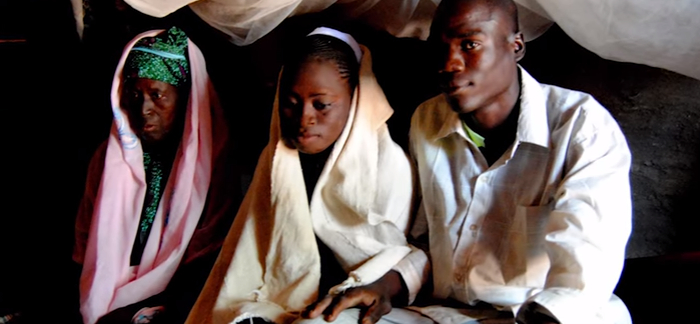


ARE MEN AFFECTED TOO?Īrranged/forced marriage affects boys and men too. as part of an arranged/forced marriage, she might be constrained, as well, by her own immigration status. Often, she is shunned by her family and friends, who view divorce as shameful. Typically, she is stymied by religious laws and social customs that make divorce difficult, especially for women. WHY DO WOMEN NEED HELP?Ī woman or girl who tries to resist an arranged/forced marriage often risks ostracism and honor violence.Īnd a woman or girl who tries to get divorced after an arranged/forced marriage has happened usually faces serious obstacles. that are known to practice arranged/forced marriage (various Orthodox Jewish, Muslim, Mormon, Sikh, Asian, African, Hmong and other communities), Unchained estimates that hundreds of thousands of women, girls and others in the U.S.

HOW COMMON IS IT IN THE U.S.?įew studies have been done about arranged/forced marriage in the U.S., so exact statistics are unknown.īased on the size of the various communities in the U.S. Such individuals need to know what is happening to them is not “benign,” and they deserve and can get help. However, Unchained, which was founded and is led by arranged/forced marriage survivors, understands the dangerous message such a dichotomy might send to women, girls and others who are pressured, bribed or tricked into marriage but do not face explicit threats or endure actual violence. Some organizations are careful to separate the two terms - and to label “arranged marriage” as benign and “forced marriage” as evil - so as not to alienate or offend the people and communities that have been practicing “arranged marriage” for centuries. to recognize that “arranged” and “forced” often are indistinguishable. Unchained was the first organization in the U.S. They might be subjected to actual violence: locked up, beaten or shunned until they say yes. They might be grappling with implicit and/or explicit threats about the harms that will befall them and their families if they do not agree to a marriage. They might be rushed to give an answer, before they can fully think through their options. However, there’s a fine line between consent and coercion. Even when a marriage is labeled “arranged” and the bride and groom get the option to say no, they might face intense pressure from their families and society not to do so, or they might be too young and inexperienced to make such a life-altering decision.
Disadvantages of arranged marriages free#
In an arranged marriage, both the bride and the groom consent to have their marriage arranged (with varying degrees of choice about when and whom to wed) in a forced marriage, one or both of them is coerced into the marriage and does not give full, free consent. The difference between an arranged marriage and a forced marriage is supposed to be the difference between consent and coercion. For women and girls, forced marriage often means forced motherhood. In Unchained’s experience, forced marriage often means a lifetime of rape, abuse and domestic servitude, and the loss of reproductive rights, financial rights and basic human rights. Forced marriage is also recognized by the International Labor Organization as a form of modern slavery. Further, even if both parties enter a marriage with full, free consent, the union can later become a forced marriage if one or both parties is forced to stay in it.įorced marriage is a human rights abuse, according to the U.S. In a forced marriage, one or both parties enters without full, free consent.


 0 kommentar(er)
0 kommentar(er)
